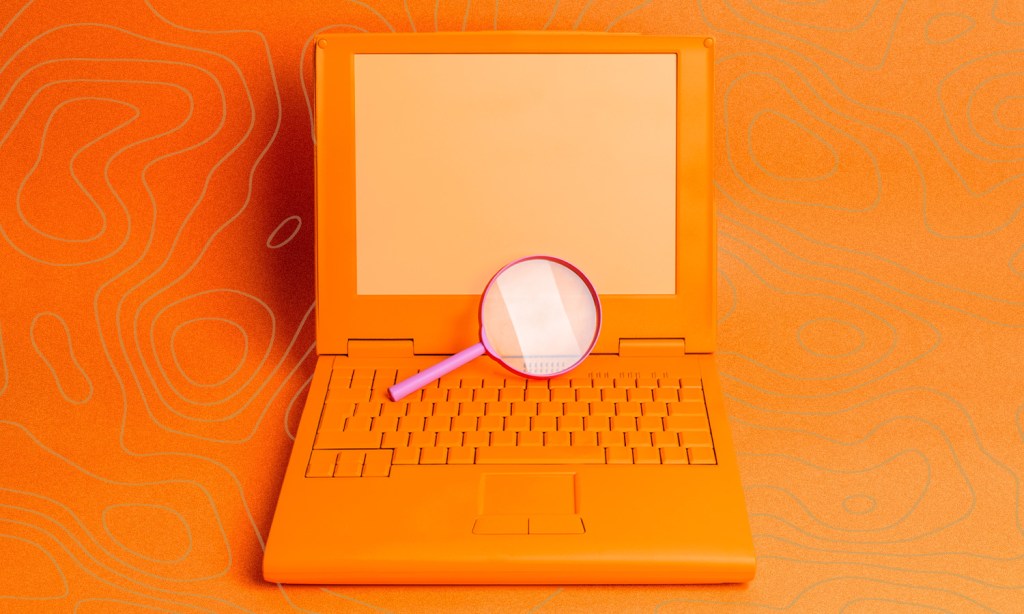We’re less than two months into the year, but it’s looking like we can already chalk 2023 up as the year that AI took over.
Since November of last year, ChatGPT has exploded into our consciousness like an atomic bomb, sending whole industries scrambling for cover.
In just a few short months, AI has upended virtually every creative industry, the entire education sector, and is quickly coming for the medical and legal industries. Basically, it’s all going to change, and given how slowly our governments have been regulating other technological advances, it seems unlikely they’ll respond to AI any time soon.
Granted, none of this has happened overnight, although it might feel like it. Instead, we’ve reached a tipping point whereby interest and utility intersect after decades of hard work by engineers tinkering away behind the scenes.
However, AI is not going to be like crypto or NFTs, whose utility we are still trying to pin down, even a decade after their invention. The broad access and instant applicability make AI a far more interesting technological tool than other recent trends.
While a lot has happened in the past few months, one of the top prizes is the creation of an AI-assisted search engine. If you consider the impact that Google Search has had on the world since its launch in 1998, it’s no wonder that companies are scrambling to add AI to search. Doing so successfully would be world-changing.
AI Search Engines
ChatGPT, created by OpenAI and partially owned by Microsoft, has set the standard in the AI industry with its chat-and-respond AI text generator. Users can input questions into the app, and it will spit out answers it approximates to be normal, understandable, and rational-sounding responses based on the millions of sentences it has been fed in training.
However, the programme is not connected to the internet and, as it will tell you, does not have up-to-date, accurate information on current subjects.
For better or worse, AI is currently not as good as humans at sorting information into reliable and unreliable as well as distinct chunks. Take, for example, the experience of this Wired journalist, who was told by you.com, an independent attempt at an AI search engine, that he was both a Wired journalist and a gridiron player at the University of Delaware. He isn’t, to be clear.
It is because AI chat technology is so good at synthesising information that it is so bad at being a search engine. ChatGPT’s earlier algorithm, GPT-3, can do all of the things that ChatGPT can do, it’s just that the most recent version uses humans to edit and alter its responses in training so as to give more ‘human-like’ feedback. Therefore, we’re still heavily reliant on people to do the jobs that we want AI to do. At least, for now.
Google discovered this the hard way when they, perhaps too hastily, debuted their version of an AI chatbot, Bard. In the first demo of the software, the programme very confidently told users that the James Webb Telescope was the first to take photos of planets outside our solar system when, in fact, that was done nearly 20 years before. It’s because that information was poorly reported last year that Bard pulled it out and relied on it as a fact to serve up.
Bing experienced similar problems upon allowing users access to their AI-powered search engine. Microsoft’s attempt to integrate ChatGPT learnings with Bing Search started to invent its own conspiracy theories and offer outdated information as fact.
Humans aren’t great at discerning fact from fiction online. If we don’t hammer out the details in AI search engines, we’re going to end up with disinformation layered over disinformation. This is surprising to basically no one who has paid even the slightest bit of info to these developments over the past few years.
This being said, we’ve had over two decades to figure out the best way to serve information to people looking for it on the internet. Google Search has changed a lot in that time, while services like Yahoo! Search and Ask Jeeves have all but disappeared. AI won’t be replacing human-centred search any time soon, but give it a few years, and we may be looking at a very different internet than the one we currently have. And the people who are testing and poking holes in the current crop of technologies? That would be us.
Related: How to Use ChatGPT to Write Your Sickie Notes, Impress Your Crush, and More
Related: The Rise of the Machines: ChatGPT is the Fastest Growing App in History
Read more stories from The Latch and subscribe to our email newsletter.

